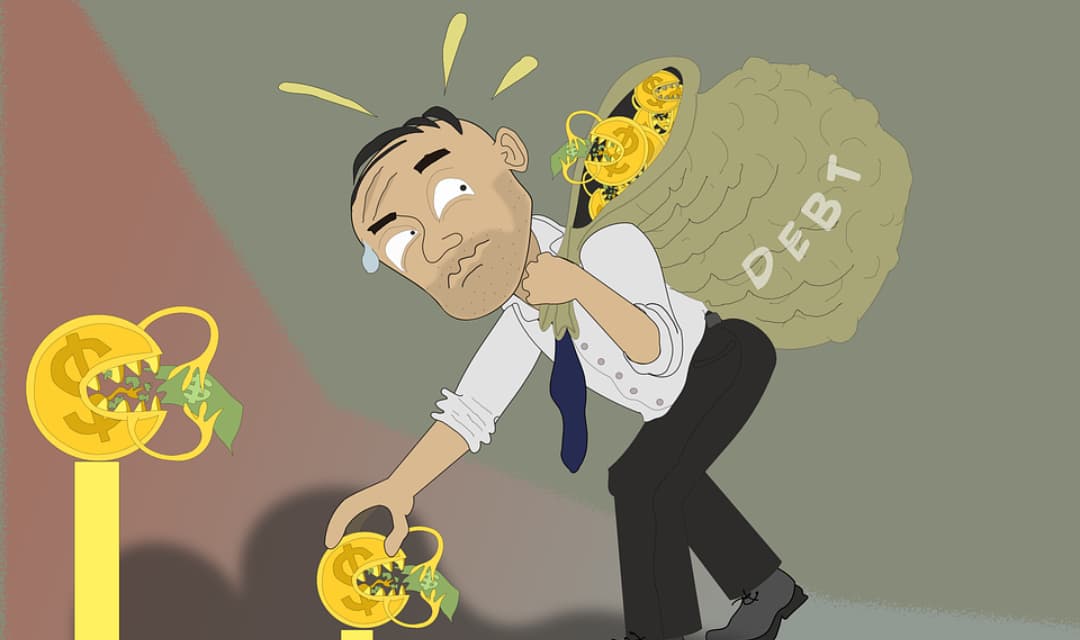Everything You Need to Know About Debt Collection
Debt collectors can be a huge pain. They call you at all hours of the day, they harass you, and they make your life miserable. But what if you actually owe the money? What are your rights? What are the debt collector’s rights? In this blog post, we will discuss everything you need to know about debt collection. We will cover what debt collection is, what types of debts are out there, what to do when a debt collector contacts you, and what happens if the debt is validated. So, read on if you want to learn more!
What is Debt Collection?
Let’s start by explaining what debt collection actually is. Debt collection is the process of pursuing payments on debts owed by individuals or businesses. This means that if you have a past-due bill, the company that is owed the money may hire a debt collector to get their money back. This can be done through a variety of methods, including phone calls, letters, emails, and even in-person visits. When you hear from a debt collector, they will likely try to get you to pay the debt in full, set up a payment plan, or make some other arrangements for payment.
What Are Some Different Types of Debts?
There are many different types of debts that can be collected. Some common examples include medical bills, international debts, credit card debt, personal loans, and mortgage payments. Medical debt is one of the most common types of debt in the United States, with over 60 percent of Americans having some form of medical debt. When it comes to international debts, this can be anything from a debt you incurred while traveling abroad to a debt that was incurred by someone in another country and then sold to a collection agency. Credit card debt is another common type of debt that, unfortunately, many Americans are all too familiar with. According to CNBC, the average American household has over $16,000 in credit card debt. Personal loans and mortgage payments are also common types of debts that can be collected.

What to Do When a Debt Collector Contacts You?
If you have been contacted by a debt collector, it is important to know your rights. First and foremost, you have the right to request that the debt collector stop contacting you. This can be done by sending a cease and desist letter. Once the debt collector receives this letter, they are not allowed to contact you again, with a few exceptions. The debt collector may still contact you to tell you that they are no longer trying to collect the debt, or to let you know that they plan to take some sort of legal action. Additionally, if you have made arrangements with the debt collector, they may contact you to remind you of your payment obligations.
What if the Debt Is Validated?
If the debt is validated, meaning that it is proven that you actually owe the money, then the debt collector may take some additional steps to collect the debt. These steps can include filing a lawsuit, garnishing your wages, or putting a lien on your property. If you find yourself in this situation, it is important to seek legal help. An attorney can help you understand your rights and options and can represent you in court if necessary.
No one likes dealing with debt collectors, but it is important to know your rights and what to expect if you find yourself in this situation. We hope that this blog post has been helpful in explaining everything you need to know about debt collection. If you have any additional questions, or if you need help with a debt collection issue, please contact a lawyer.

